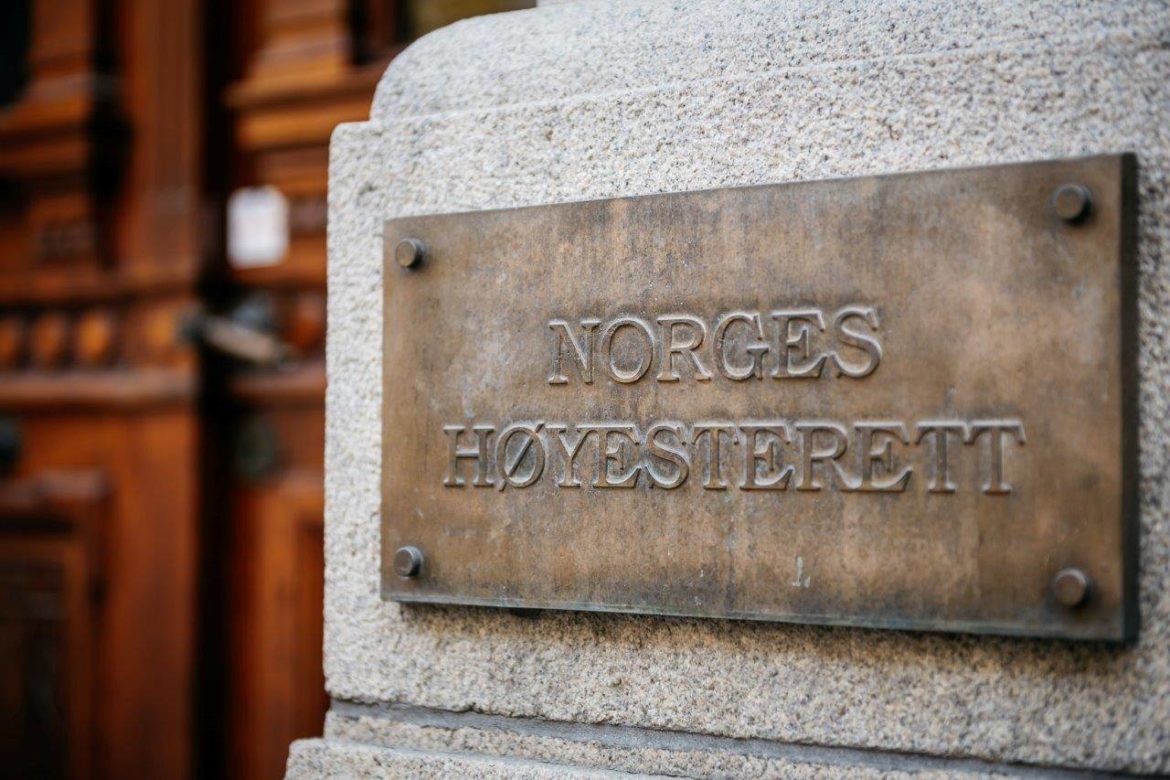New Supreme Court Ruling: Draft testimonies comprised by attorney-client privilege
 Foto: Erik N.H. Krafft
Foto: Erik N.H. Krafft
As a rule, parties involved in civil litigation have a duty to give evidence and provide access to evidence that could be relevant to the case. This applies even if the document or evidence is unhelpful or harmful to the disclosing party’s case. As long as the documents are in the party’s possession, they must, as a general rule, be produced under litigation.
However, communications between a party and its licenced attorney(s) (also including foreign licensed attorneys) are generally privileged, and the court cannot request testimony from such attorneys. The same applies to documents comprised by the same privilege, and the attorney’s associates and subordinates. The prohibition of evidence protects the communication between attorney and client and the information obtained by the attorney as part of the client relationship or accessed on behalf of the client, in accordance with section 22-5 of the Dispute Act. Anyone who is entitled to confidentiality may, however, consent to the evidence being presented (the Dispute Act section 22-5, third paragraph).
The background to the case before the Appeals Committee of the Supreme Court was concerning damages for loss during transportation by ship after a shipwreck. The current statements of the crew had been prepared in the following manner: Shortly after the incident, the crew provided explanations to British attorneys assisting the party submitting the statements. The attorneys asked questions and took handwritten notes from the conversations. As part of their legal assignment, the attorneys cleaned the handwritten notes for “draft” explanations. The drafts were then reviewed internally by the lawyers and subsequently presented the submitting party with comments. Final versions of the explanations were then submitted to the crew for approval and signing via a management company, who was the technical manager of the ship and responsible for manning. In some cases, clarification questions were asked to the crew via the technical manager. After receipt and review, the statements were dated and signed by the crew. The signed explanations from the crew of the ship had already been made available before the district court as evidence.
The company requesting disclosure argued that the final statements made were covered by client-attorney privilege, and that by submitting these, the submitting party had waived that privilege in respect of the underlying material.
The subordinate courts assumed that the written explanations submitted were covered by the duty of confidentiality of the attorneys who had contributed to the preparation of the explanations. Accordingly, they considered the submission to mean that client-attorney privilege was waived. When that privilege was waived, the waiver must also include the disputed supporting material, which must therefore be presented. In this context, it was referred to a former ruling by the Appeals Committee of the Supreme Court, Rt-2009-1204.
The question before the Supreme Court was whether such consent was given to present evidence covered by the duty of confidentiality of lawyers in the current matter.
The Appeals Committee of the Supreme Court could not see that the company, by making the current explanations available, could be considered to have submitted material that was initially covered by the duty of confidentiality of attorneys. The submission of the signed explanations was not based on a general cancellation of the duty of confidentiality. Therefore there was no consent that could have any impact on the obligation to submit other documents. The plaintiff’s request for proof of evidence was consequently inadmissible.
The ruling is in line with the Supreme Court’s previous decisions; see HR-2018-1691-U section 17 with further references.
